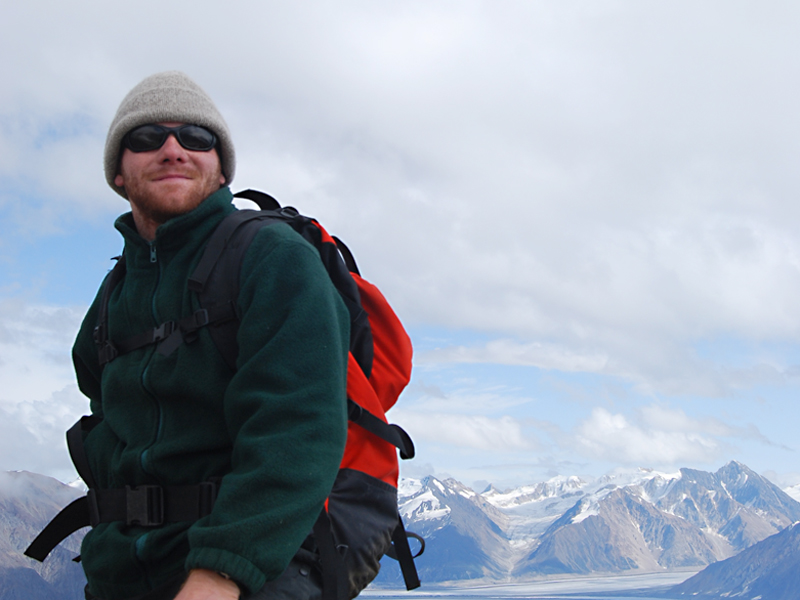Permafrost thaw will speed up global warming, predicts study
- Valerie Shore

The thawing of permafrost in Canada’s Arctic and other northern latitudes will significantly accelerate the rate of global warming in the coming decades, predicts a new study by three researchers from the University of Victoria’s School of Earth and Ocean Sciences.
In the study, published online in September by Nature Geoscience, PhD students Andrew MacDougall and Chris Avis, along with climate scientist Dr. Andrew Weaver, used UVic’s world-renowned coupled global climate model—a sophisticated computer model used to simulate climate systems—to estimate the effects of permafrost thaw on global temperatures.
Permafrost is permanently frozen soil, sediment or rock. It’s estimated that about 18.8 million sq km of northern soils hold about 1,700 billion tonnes of organic carbon, or frozen compost—the remains of plants and animals that have accumulated over thousands of years. That’s about four times more than all the carbon emitted by human activity in modern times, and twice as much as is currently in the atmosphere.
The new study predicts that by the end of this century, permafrost could release between 68 and 508 billion additional tonnes of carbon into the atmosphere, raising global temperatures by an average of 0.4 to 0.8°C. When combined with observed warming since pre-industrial times and committed warming in response to existing greenhouse gas levels, this suggests the planet is heading toward a 1.8 to 2.3°C rise in temperature—even if we start reducing emissions immediately.
“Our analysis shows that limiting global warming to less than 2°C—as identified in the 2009 Copenhagen Accord—is less and less likely,” says MacDougall. “It’s clear that if we want to avoid the more dire effects of climate change, we need to start reducing our emissions immediately and aggressively.”
Photos
In this story
Keywords: global warming, Earth and ocean science, environment
People: Andrew MacDougall, Chris Avis



